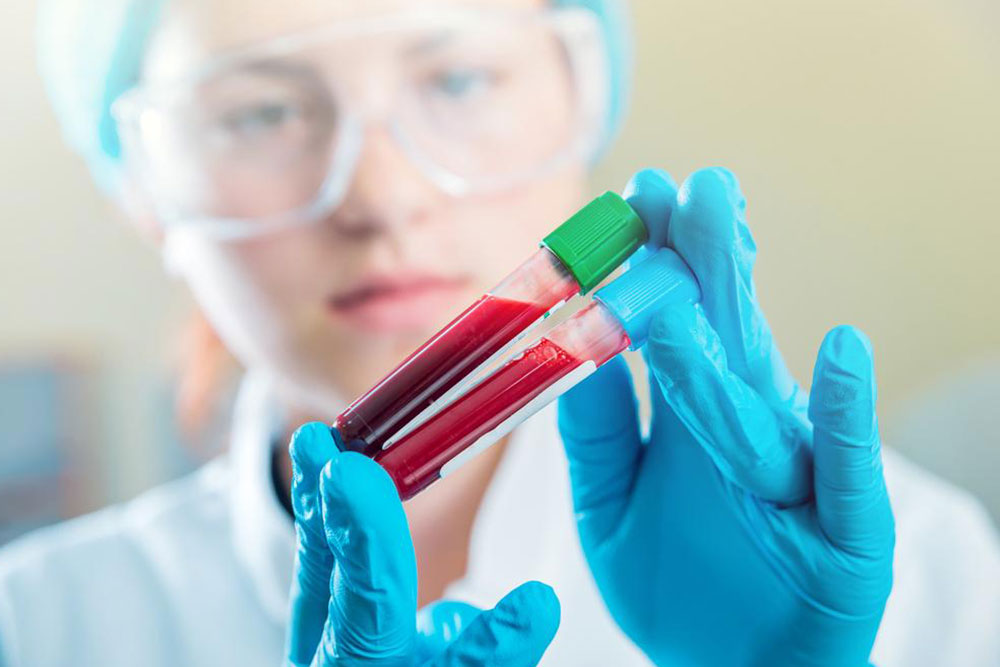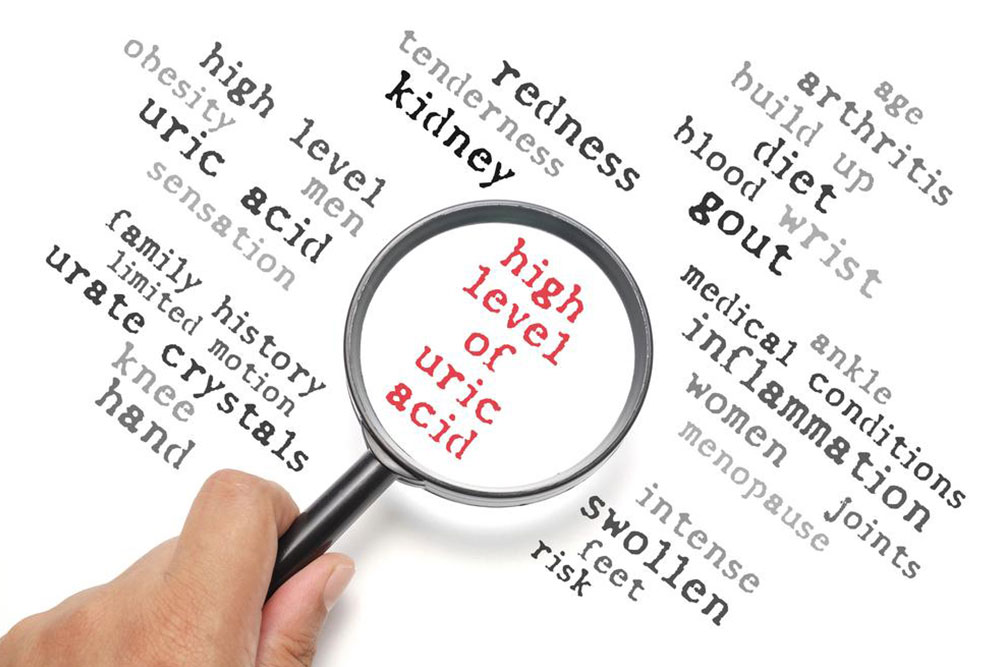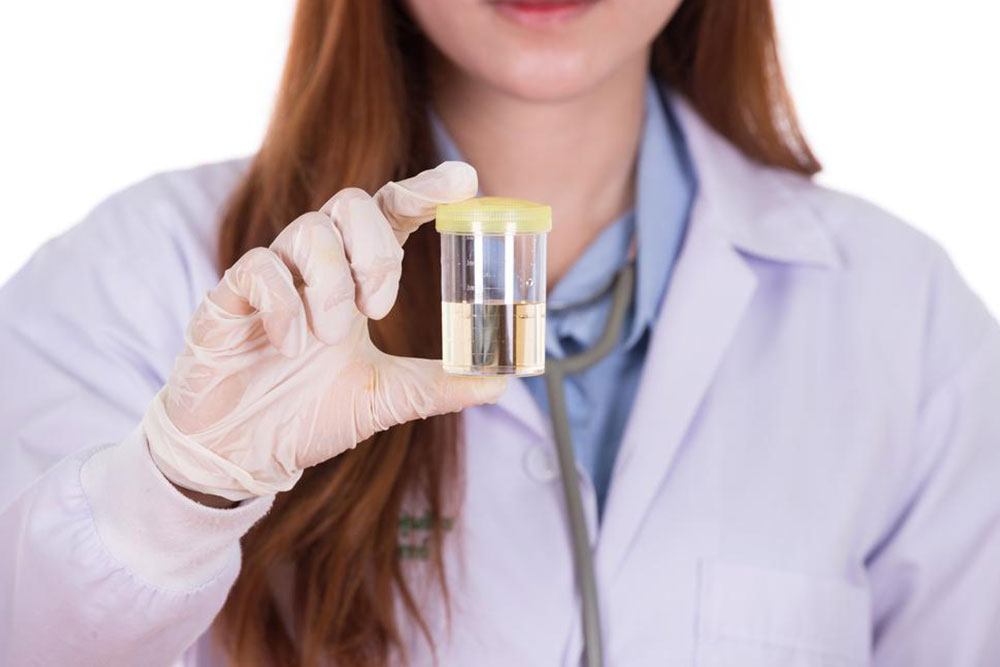Recognizing Critical Symptoms of Kidney Problems
Detecting kidney disorders early is crucial for effective treatment. This article discusses common symptoms such as fatigue, skin issues, frequent urination, blood in urine, and swelling, which can signal kidney problems. Recognizing these signs promptly allows for timely medical intervention, improving outcomes and preventing complications. Regular health check-ups and awareness about kidney health are essential for maintaining overall well-being. Stay informed and consult healthcare professionals if you experience any of these symptoms for early diagnosis and management.

Maintaining good health and avoiding illness is a goal shared by many. Most people prefer a life free from health issues and discomfort. While some health conditions are inherited, many result from lifestyle choices and environmental factors.
When the body faces health challenges, it often shows early signs that are easy to overlook. This is particularly true for kidney health, where symptoms can be subtle until the condition worsens. Recognizing these signs early can lead to prompt treatment and better outcomes.
Below are key indicators that may suggest kidney problems:
Chronic fatigue - Feeling exhausted after everyday activities may point to faulty kidney function. Toxin buildup in the blood can cause anemia, leading to persistent tiredness.
Dry, itchy skin - Kidney issues can disturb mineral balance and reduce blood cell production, resulting in dehydration and skin irritation.
Frequent urination - An increased need to urinate, especially during the night, often indicates kidney filter damage affecting urine regulation.
Blood or foam in urine - Blood in urine suggests leaking blood cells due to filter damage. Foamy urine may indicate excess protein loss, a sign of impaired kidney filtration.
Swelling in ankles and feet - Fluid retention caused by kidney malfunction leads to swelling in extremities, highlighting potential issues with sodium balance.
If these symptoms occur, seeking medical advice promptly can prevent progression. Early detection is vital, as kidney conditions are often treatable when caught in initial stages.
Note: The information provided aims to educate readers about kidney health signs. It is not a substitute for professional medical advice. Consult healthcare providers for diagnosis and treatment options.










